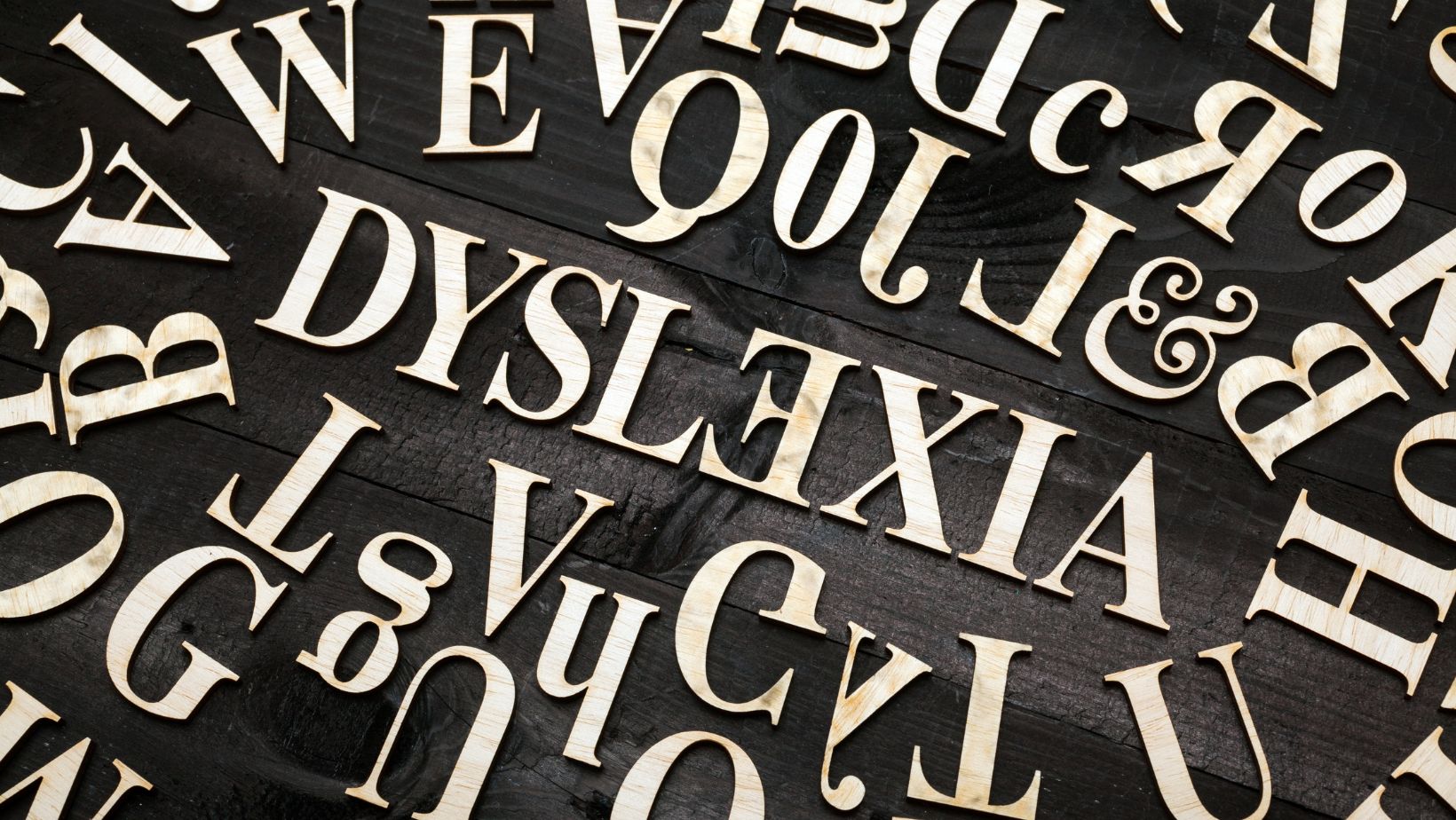Octber is Dyslexia Awareness Month

What is Dyslexia? Simply put, it is an unexpected difficulty in learning to read. While most people think of “dyslexia” as seeing letters (or numbers) reversed or flipped around, it can be more than that.
Dyslexia is a Specific Learning Disability (SLD) that is neurobiological, and is characterized by difficulties with letter and word recognition, spelling, and decoding abilities.
For young children, it could be a struggle learning the letters of the alphabet, mispronouncing “easy” words, or trouble learning rhymes.
In older children, reading might be slow or awkward, and they might not be able to sound out letters/words or recognize letter blends.
For adults it might be poor spelling, messy handwriting, or trouble remembering dates, phone numbers, names, or lists.
Approximately 1 in 5 Americans have dyslexia, making it one of the most common learning disabilities.
While people with dyslexia face challenges, they are often very analytical, creative, and are innovative thinkers. With early diagnoses, appropriate interventions, and specialized teaching approaches, many students with dyslexia can become highly successful.
Just look at Albert Einstein, Pablo Picasso, George Washington, Steve Jobs and Justin Timberlake - each one brilliant and dyslexic!
Chatham Academy understands dyslexia - and other Specific Learning Disabilities - because we have been helping students overcome learning challenges for over 40 years. We have designed the classrooms, teaching techniques and curriculum to help each student achieve academic and personal success. Our structured learning environment provides students with clear expectations, individualized accommodations, and specialized academic support. We use direct, sequential, multisensory instruction to target academic areas of need.
Our goal is for each student to accept and understand their disability. Chatham Academy prepares students to be able to utilize support and accommodations effectively, independently, and with confidence.
If you have questions about Dyslexia, and other Specific Learning Disabilities, we invite you to browse our website for resources and to learn more.
BACK








